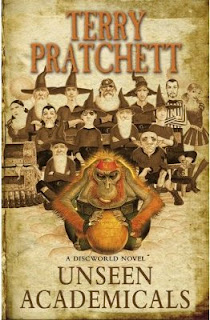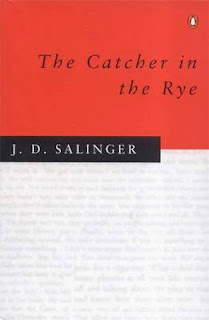There are no good arguments against votes at 16
As someone who was denied the chance to vote in a parliamentary election until I was 21, it might not surprise you that I have every sympathy with 16 and 17 year olds who were similarly denied a chance to vote this year. It was a shame, then, that Jim McMahon's bill to reduce the voting age was not brought to a vote on Friday, and dismaying to discover that there are still plenty of opponents of votes at 16 out there, throwing out the usual tired arguments against change.
Most of these arguments tend towards abstract musings on the nature of adulthood, aka "why should we trust 16 year olds with a vote if we don't trust them with a pint?". Which itself raises the question of exactly what kind of damage they are expecting 16 year olds to do with their ballot paper. Give themselves a papercut? The intention of restricting things like alcohol, gambling, smoking, tanning salons, etc. to 18 is clearly to protect children from potentially harming themselves or others. No such harm can come from marking an X with a blunt pencil.
Next comes the reductio ad absurdum argument, namely "why draw the line at 16 and not 15, 14, 13 ....?". This contrives to ignore the fact that the UK has settled over time on a pretty clear two-tier transition to adulthood, with some rights granted at 16 and almost all the rest at 18. The only sensible options for granting voting rights are therefore 16 and 18, and then we're back to what exactly the harm is supposed to be in making it the former.
What is more telling is that opponents of votes at 16 never seem to want to discuss any real world experience. If they ever do it's usually anecdotes of the "I was enlightened enough to vote at 16 but none of my thicko mates were" variety or the marginally more subtle "I thought I knew everything at 16 but now I realise I too was actually a thicko back then". (Common to both is the absence of any shred of doubt about the infallibility of their present-day reasoning).
Luckily though we don't have to rely on half-recalled childhood reminiscences thanks to the natural experiment of letting 16 and 17 year olds vote in the Scottish independence referendum. This was universally considered to have been a great success in Scotland, and the subsequent proposal to reduce the voting age to 16 for all Scottish elections was unanimously passed by their parliament. The evidence submitted while that bill was considered makes for an interesting read, particularly the work of Jan Eichhorn of the University of Edinburgh, who demonstrated that 16-18 year olds were just as engaged in politics as adults and just as independently-minded, and emphasised the potential for increasing political engagement through discussions at school.
The incredibly positive experience of expanding the franchise in Scotland surely makes the same inevitable sooner or later in the rest of the country. So why do the tortuous arguments against it still keep rearing up? I suspect it's because votes at 16 is essentially an instinctive issue, something you form an opinion on first and rationalise later. What it really boils down to is whether you respect young people's opinions or not. And if the overwhelming evidence from Scotland hasn't changed your mind on that, maybe it says more about you than it does about young people.




Comments
Post a Comment